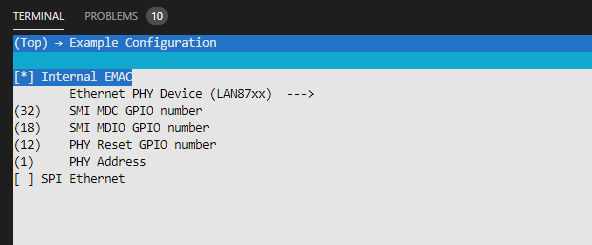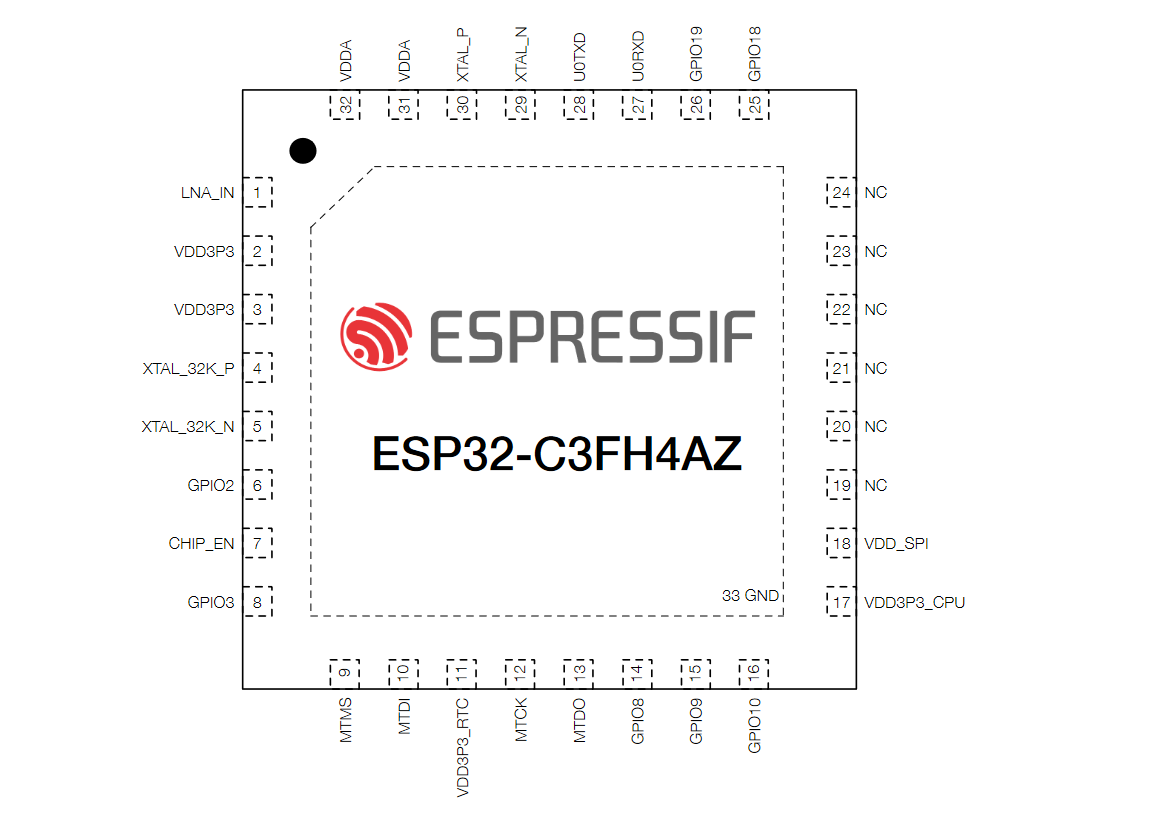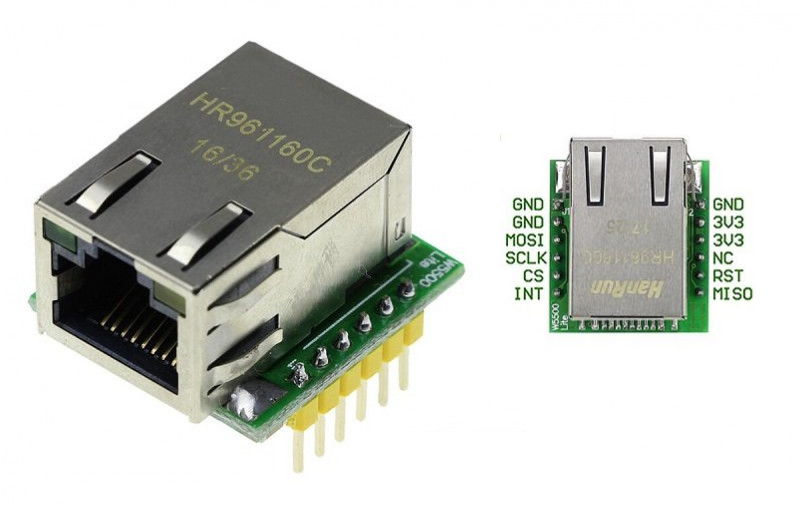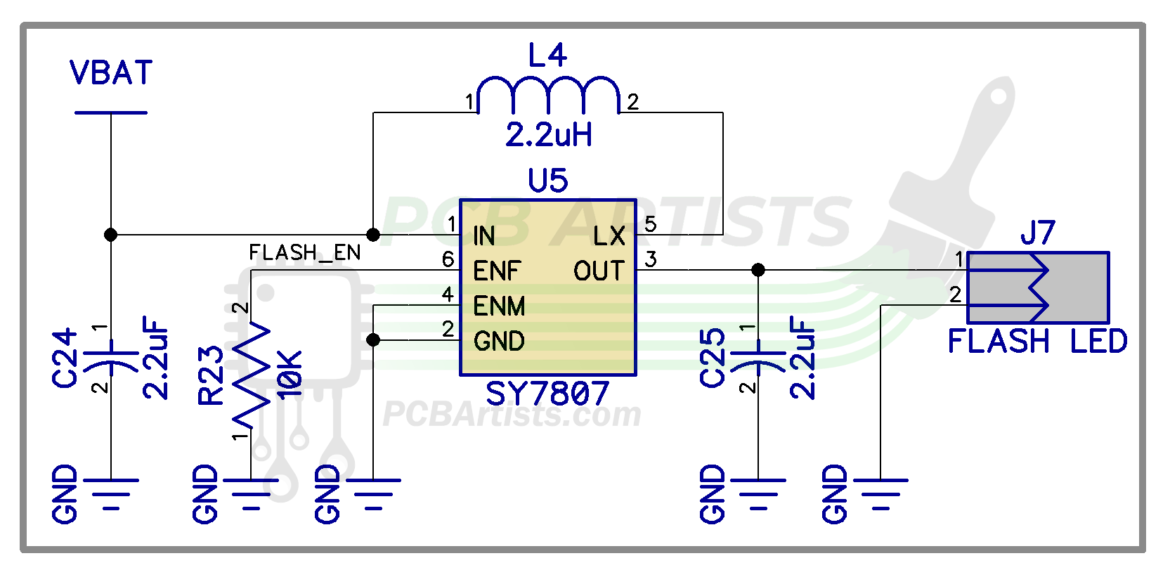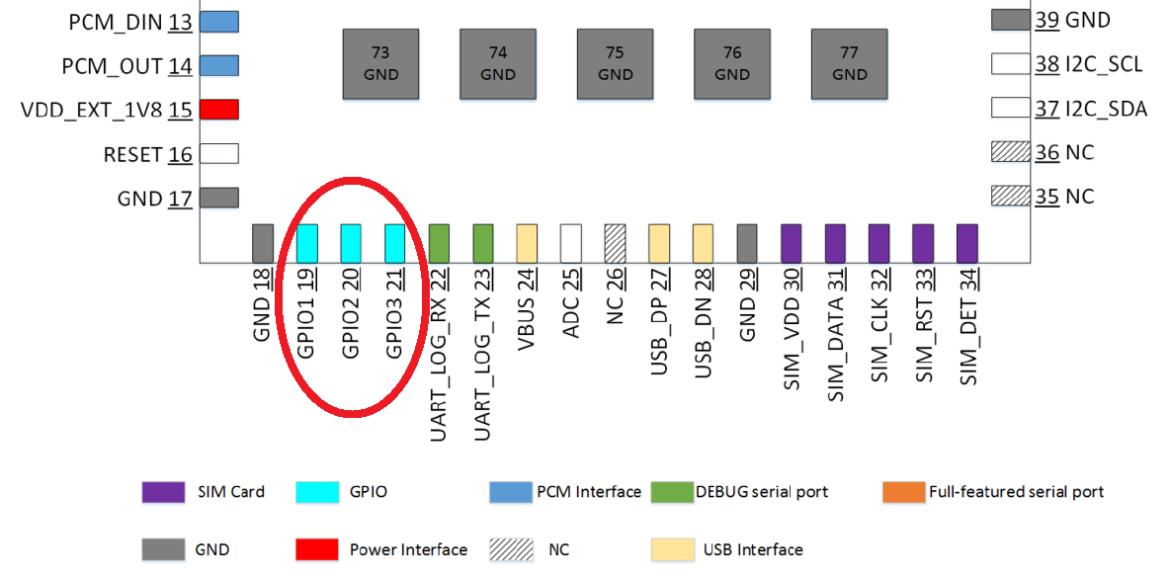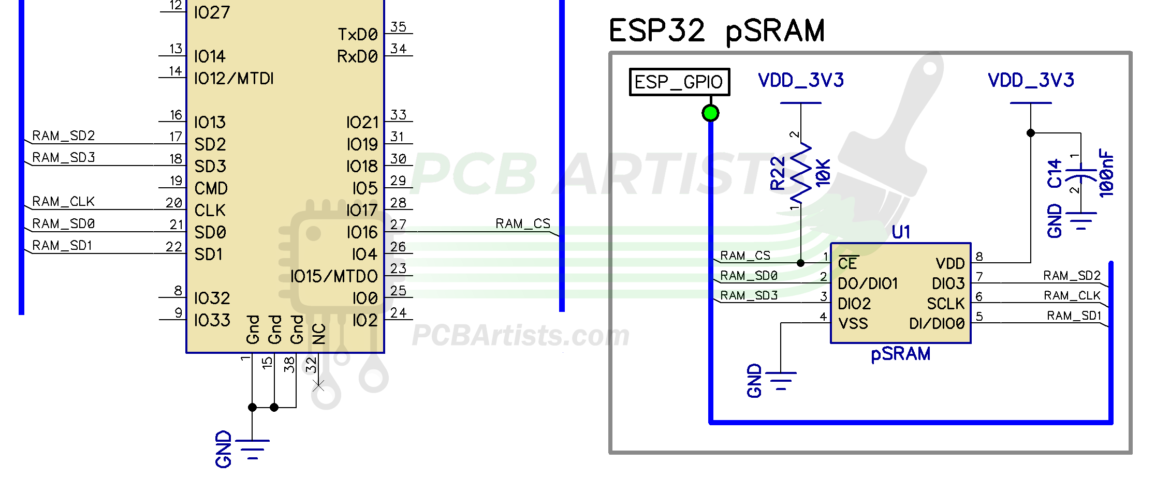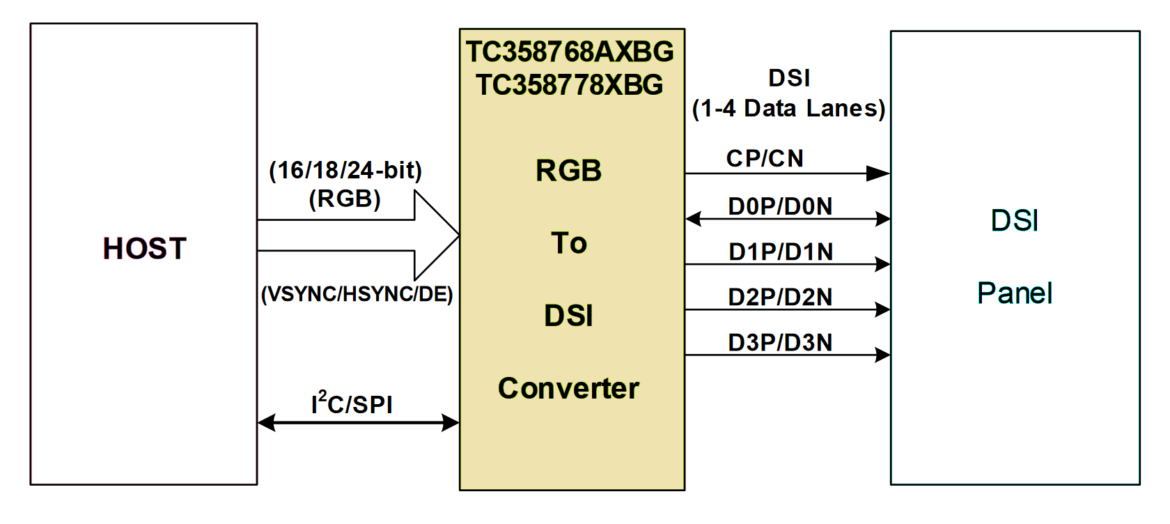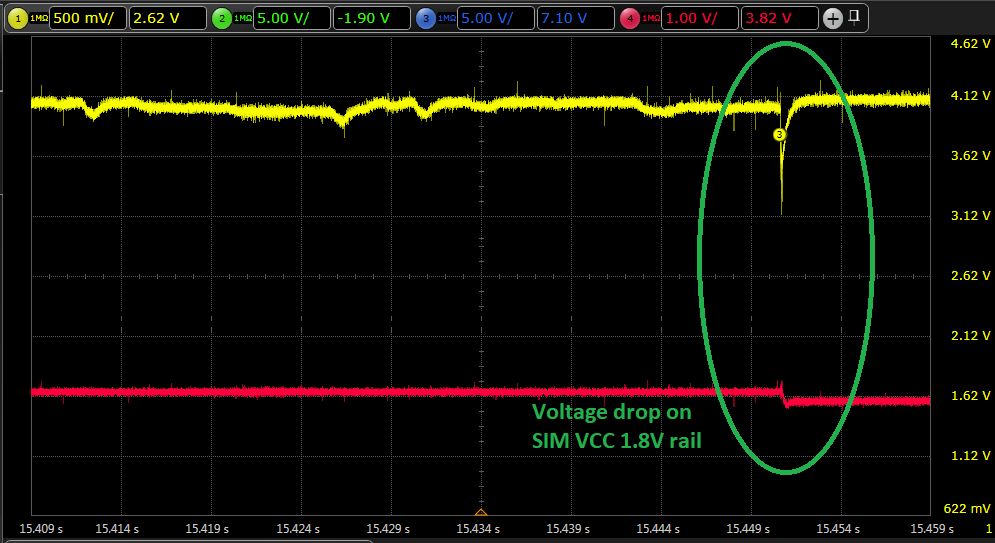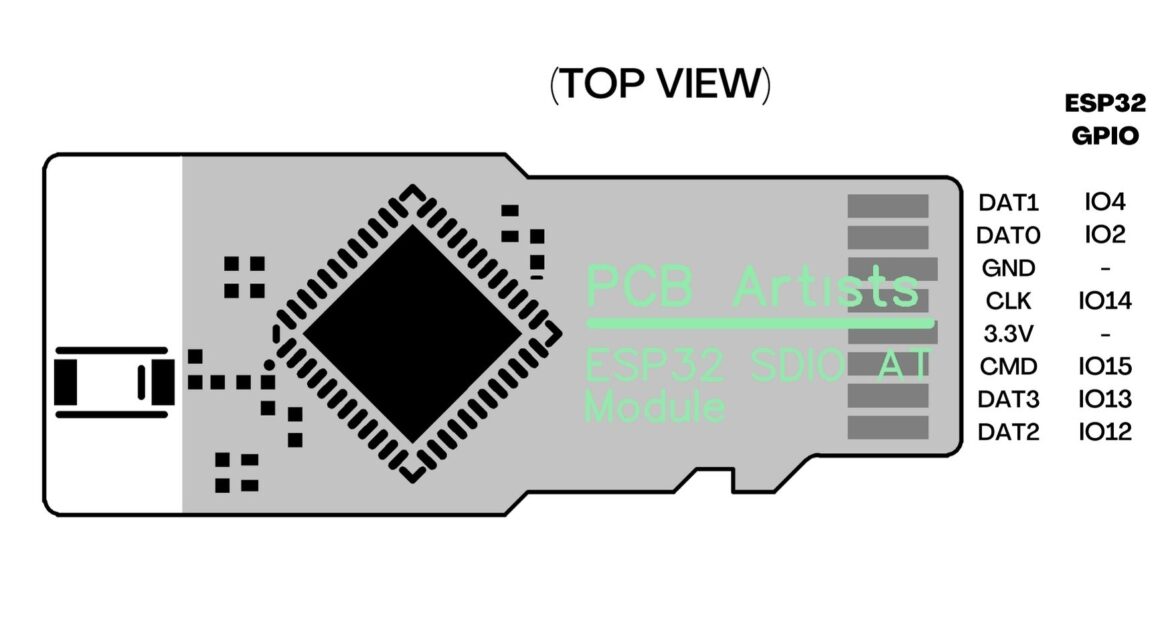Using ethernet with ESP32 is very easy, thanks to the built-in RMII PHY. In this article, a simple ESP32 ethernet example is outlined.
Embedded
Notes on the ESP32-C3 GPIO usage – strapping pins, RTC domain pins, flash pins and tips on how to get maximum GPIOs for your design.
Using Winbond W25N01 with ESP32 and STM32 can be tricky given how much it differs from regular NOR flash like W25Qxx.
Detailed notes on which ESP32 ethernet PHY options are supported by the most recent ESP32 Arduino releases and ESP-IDF.
Using multiple SIM cards with SIMCom or Quectel modems is easy using multiplexers and a basic logic controller. Modems must support hot swap.
MCUs like STM32 and i.MX RT1050 series have a 24-bit parallel RGB interface for displays. RGB to MIPI DSI converters allow DSI displays.
I list some cases with using SIM commands like AT+CIMI which result in “ERROR: SIM failure”. Common problems are listed along with solutions.
Notes on using STM32 with ESP32 AT Module. The PCB Artists ESP32 AT SDIO module is loaded with SDIO AT firmware for use with IoT designs.
